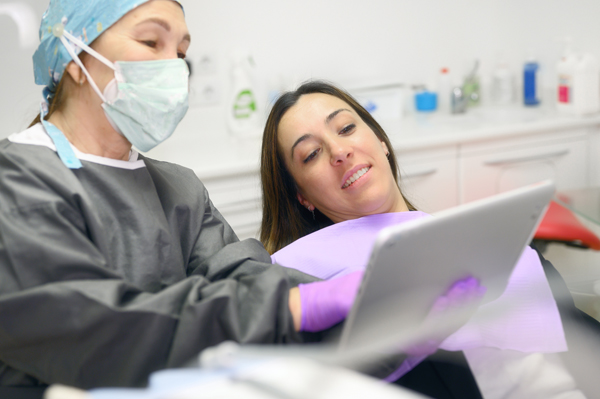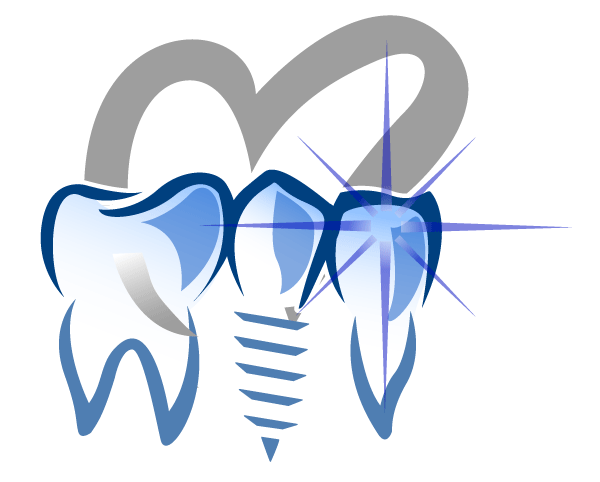How Long Does It Take to Recover From a Typical Oral Surgery Procedure?

Most people will need some type of oral surgery at some point in their life. Many general dentists offer surgical procedures to their patients, such as removing impacted wisdom teeth. Being familiar with the process and understanding the recovery period helps the patient have a more comfortable and successful procedure.
About oral surgery
Some of the common reasons a patient needs to undergo oral surgery include the removal of an impacted tooth, wisdom tooth extraction, and dental implant placement. Whatever the reason, the patient should learn as much as possible about their procedure and ask their dentist many questions. This way, they can be ready and set themselves up for a successful procedure and recovery.
Recovering from oral surgery
Oral surgery patients need to closely follow the recovery instructions their dentist gives them to help ensure the success of their procedure. By following their dentist's aftercare instructions carefully, their recovery process will likely go smoothly. The should also read the instructions thoroughly, so they are aware of any complications they must watch out for. Examples of some of the instructions a dental patient may need to adhere to after undergoing oral surgery include complete resting for 24 to 48 hours, eating only soft foods for up to a week, using a cold compress to help minimize any swelling, taking over-the-counter and/or prescribed medications, avoiding consuming any alcohol for a certain amount of time, and avoiding smoking.
One of the more common questions patients have is how long it will take them to recover. The answer depends on the type of surgery they had and how well they followed their recovery instructions. For instance, recovering from impacted tooth surgery takes three to seven days. When it comes to removing a problem wisdom tooth, recovery can take up to two weeks. Since dental implants are surgically inserted into a patient's jawbone, the time it takes to recover from this type of procedure tends to be somewhere between four and six months. If a patient happens to experience any complications during the surgical procedure, it will often take them longer to fully recover.
While many patients are not concerned about how long it will take them to recover, others are concerned because they need to get back to their everyday responsibilities. Patients can do a few additional things to encourage faster healing, such as only eating healthy foods, drinking plenty of water throughout the day, getting plenty of rest, limiting activity, and carefully massaging the treatment area to increase blood circulation.
The bottom line
Patients undergoing oral surgery should understand their procedure and what they need to do to help themselves have a successful recovery. A general dentist can answer any questions the patient has about their procedure and provide them with the information they need to get ready for the surgery and take care of themselves after. For more on recovery from oral surgery, contact our Frisco office today.
Request an appointment here: https://www.dresteso.com or call Spectacular Smiles Dental at (214) 705-3342 for an appointment in our Frisco office.
Check out what others are saying about our dental services on Yelp: Oral Surgery in Frisco, TX.
Related Posts
Losing a tooth can affect more than the look of a smile — it can impact speaking, eating, and overall confidence. Fortunately, dental bridges can effectively replace what is missing in function and appearance. By learning the answers to frequently asked questions, patients can see why dental bridges remain a trusted option in modern dentistry.A…
Dentures are a widely used solution for individuals who have lost multiple teeth. However, despite their long history and proven effectiveness, several misunderstandings about dentures persist. These misconceptions can lead to unnecessary hesitation or to people not pursuing the care they need, affecting their oral health and comfort. Clarifying these misunderstandings can help those considering…
Wondering whether a dental bridge is right for you? Read on to learn more. If you have missing teeth, your daily routine, appearance, and oral health will all be affected. Therefore, regardless of the cause of tooth loss, be it tooth decay or gum disease, you should replace them quickly. Dental bridges and implants are…
A dental bridge can simplify tooth replacement so patients can restore their smiles. However, many are nervous about getting the bridge because they know that it involves modifying the other teeth near the gap.Fortunately, the dental bridge procedure is quite simple and is usually performed on an outpatient basis. This means you can go home…

